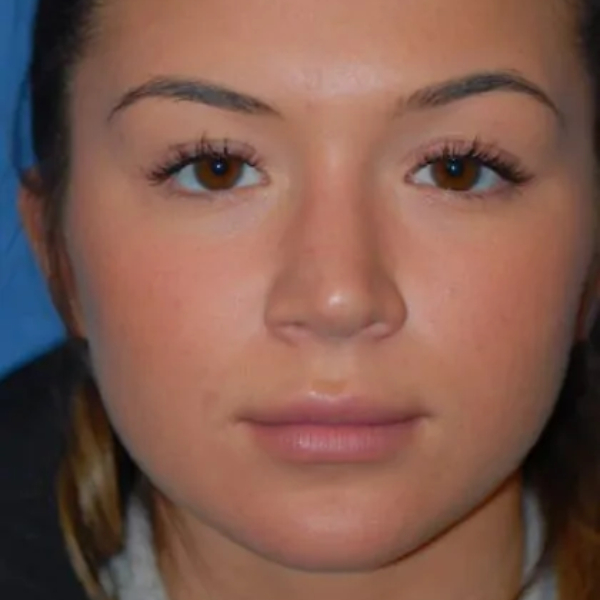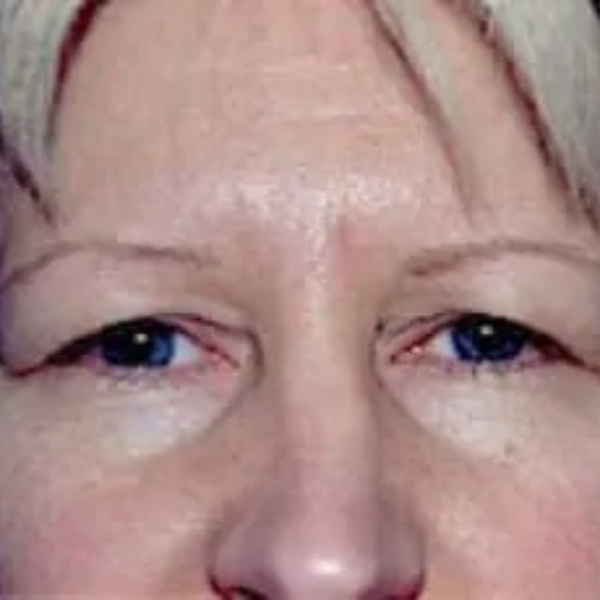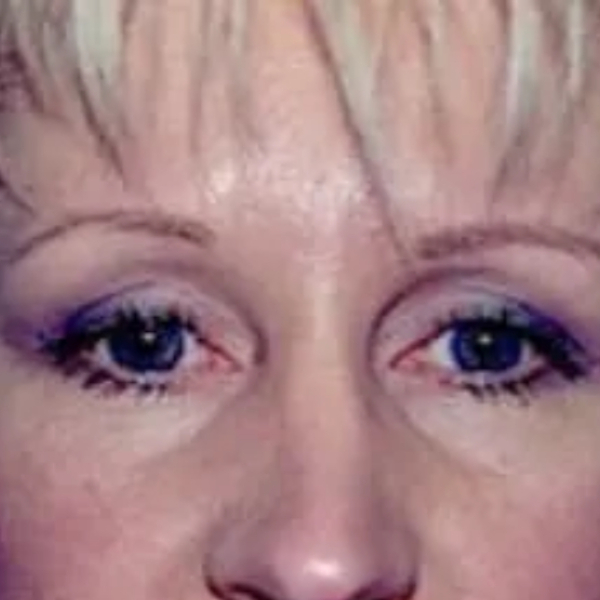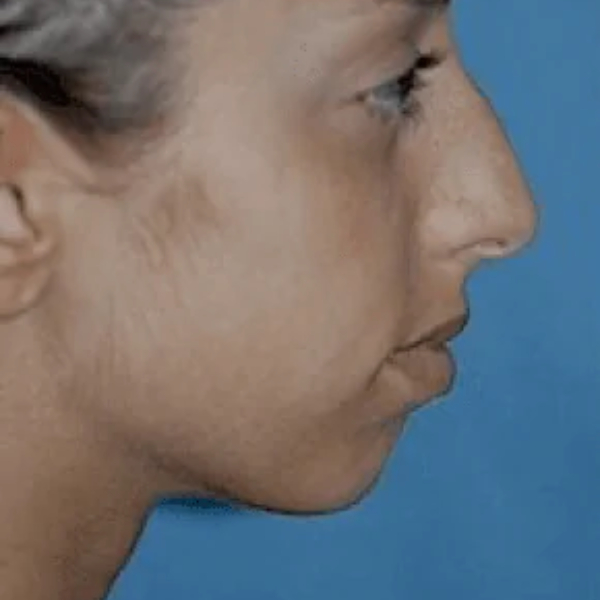Selfie culture has emerged as a natural result of the development of smartphones and social media, with smartphones making it easier to take and send a photo at any time, and social media encouraging the practice of sharing photos. Opinions on the “selfie phenomenon” are very divided, with some finding it an exercise in narcissism, while others consider it a valuable tool for social interaction and personal documentation.
Selfie culture is not contained to any geographical area or culture, but rather has rapidly disseminated across the globe. Now that they have become embedded in our social structure, selfies are likely here to stay for the foreseeable future. As such, it is valuable to consider what cultural influences prompted this phenomenon, and what long-term effects it will have on individuals and cultures in turn.
Contents
Self-documentation
Self-documentation is a very important and valuable life tool for many people. Photo-taking has long been used as a means of documenting milestones or other meaningful moments in a person’s life, and selfie culture has expanded this option significantly. People have more photographic documentation of their life than ever before. The documentation of a great number of moments in your life may help you further savor and enjoy life experiences.
The flip side of this, however, is that selfie-taking can cause you to be less present and in-the-moment. If you are too focused on documenting the moment rather than experiencing it, you may not be as invested in enjoying things. As such, it may be helpful to learn to identify when the selfie-taking may be distracting you from the moment at hand.
Attention and memory
Self-documentation can help you immortalize special memories. However, it may also negatively impact your memory. One study conducted at Princeton University found that participants who tried to write down, record, or share an experience had a worse recall of the experience compared to other participants. The study concluded that the act of externalizing the experience may somehow interfere with your ability to catalog it in your memory.
Additionally, as mentioned earlier, when you take a lot of selfies, you may become disconnected from experiences. If you are often thinking about your next selfie or taking your next selfie, your attention may wander away from the experience itself.
Self-image and perception
Selfie-taking can be a great source of empowerment for many people, both as a form of personal expression and as a means of celebrating their life and their image. However, even if you are taking and sharing selfies for positive purposes, the reaction of other people can cause the experience to become negative. You can’t control the reactions of other people, and therefore selfies on social media can expose you to negativity.
Additionally, selfie-taking in and of itself can feed into poor self-image, or may even be a symptom of it. People who are highly invested in taking selfies may develop an unhealthy preoccupation with their appearance. Therefore, it is important to focus on improving your self-image if you are finding selfies to have a negative impact rather than a positive one on your self-esteem.
Selfies may particularly exacerbate negative feelings about yourself if you try to compare yourself to people such as social media influencers. It is important to keep in mind that these people look attractive as a professional endeavor. And this not only means that they are often naturally good-looking, but also heavily invest their time, money, and effort into things like photo editing and fitness. It is also not unusual for them to pursue common surgical augmentations such as liposuction, tummy tucks, rhinoplasty, and breast augmentations. While these options are not necessarily unhealthy, your mental health may suffer if you compare your natural looks to models who are using varied methods to enhance their own.
Selfie-taking can be a very positive influence in your social sphere. By sharing and enjoying photos, we can more easily keep up with the people in our lives. Additionally, the sharing of photos can prompt us to more regularly engage with these people, and thus better preserve our relationships with them. Sharing a photo or commenting on one is a much less taxing social exchange than a more structured social interaction, and therefore the sharing of photos can be a helpful tool for casually maintaining relationships.
Sharing and interacting with selfies can also be a way to connect with new people. For example, an avid rock climber could post a selfie on a rock climbing forum, where others might begin to interact with them, commenting on their gear or asking where that cliffside is.
Professional endeavors
Some people may use selfies in a professional context. A travel blogger, for example, may take a photo at their target destination to post along with their review. Meanwhile, a social media influencer may have a contract that requires that they post a certain number of photos on their Instagram account. Selfies can even be used as a professional networking tool. A photo on your timeline of yourself at a trade show could draw the attention of others within your field, which could, in turn, spark a professional relationship
In short, selfies are neither good nor bad, but rather a tool that can be used to negative, neutral, or positive effect.









